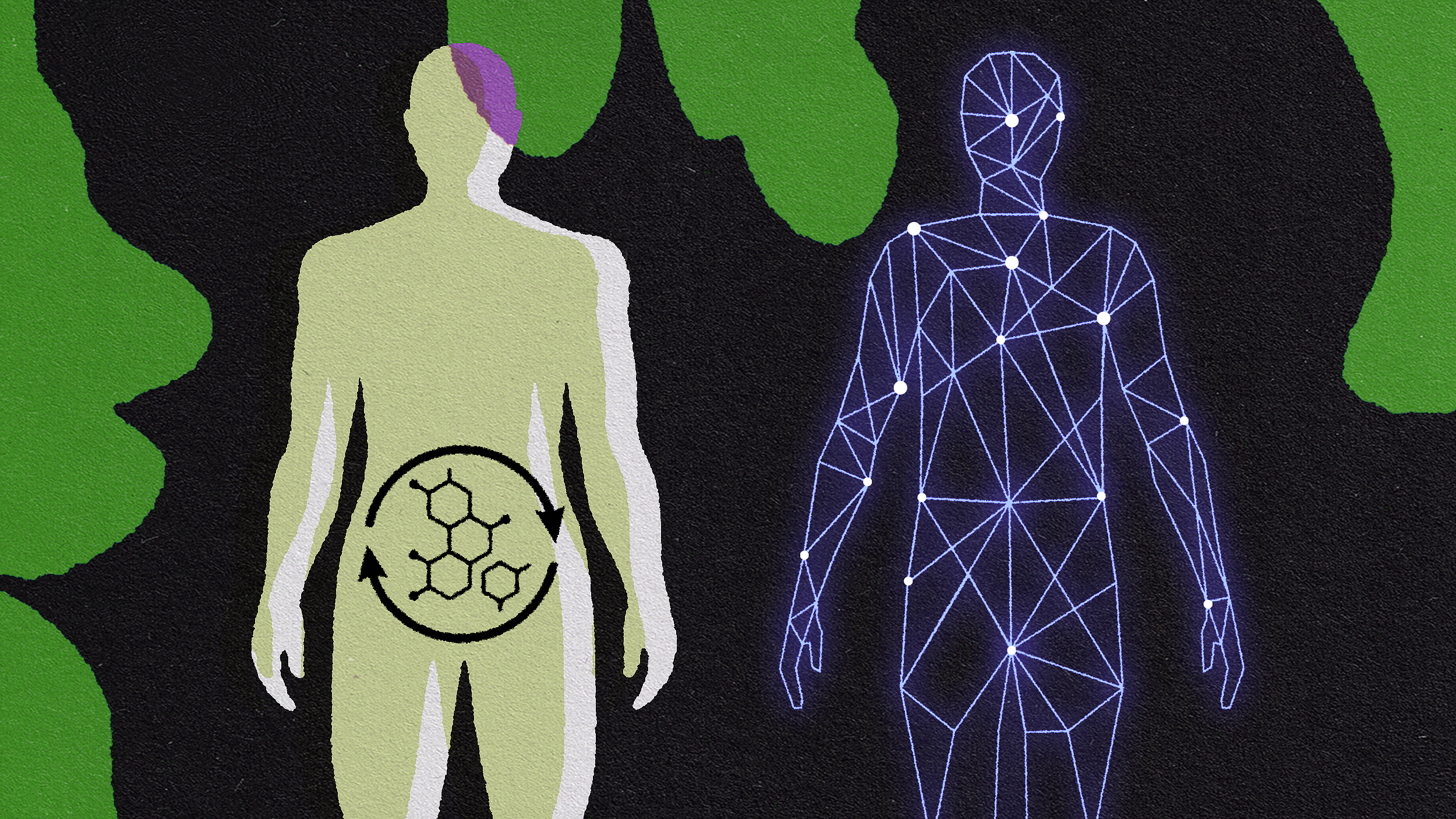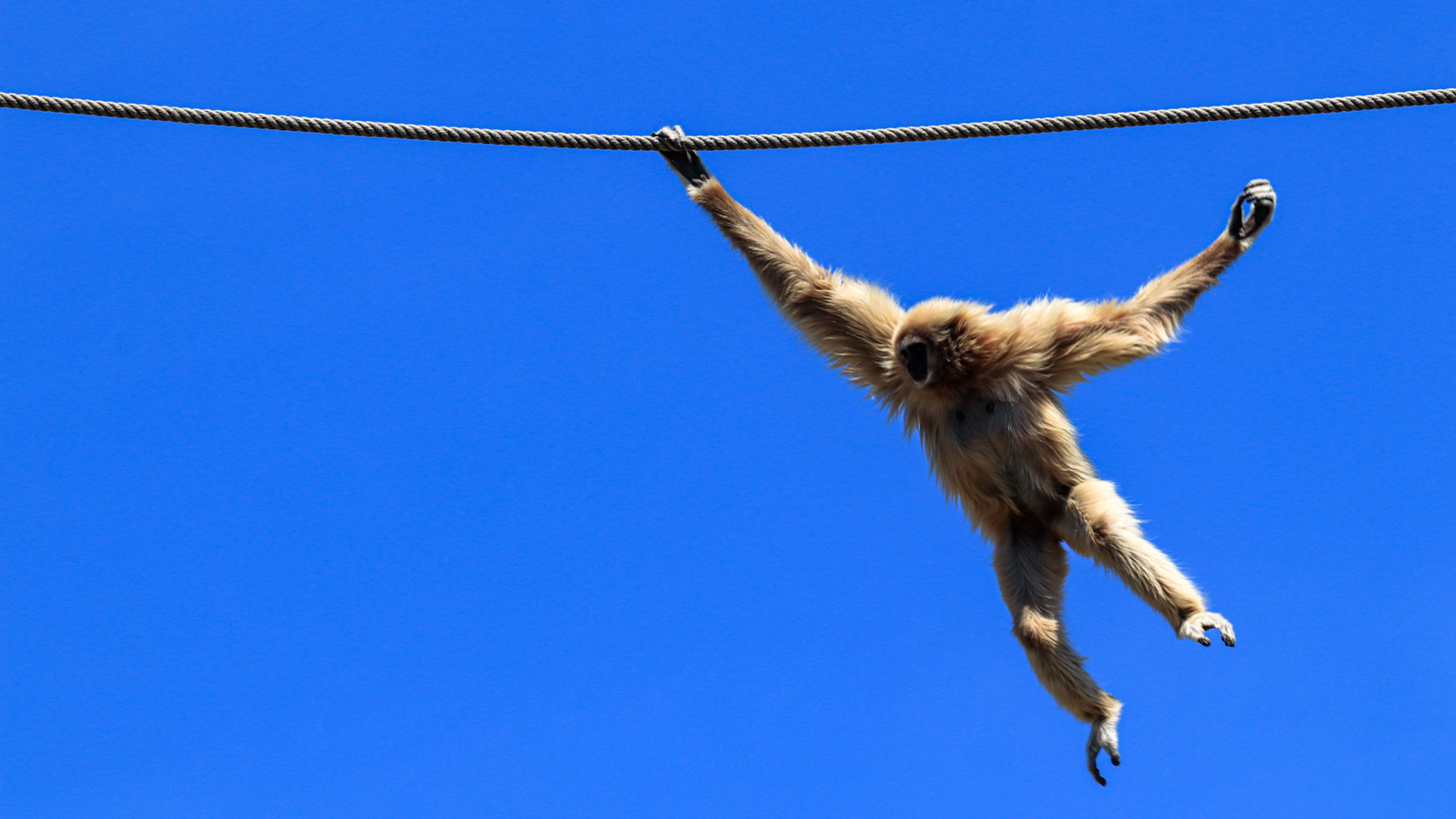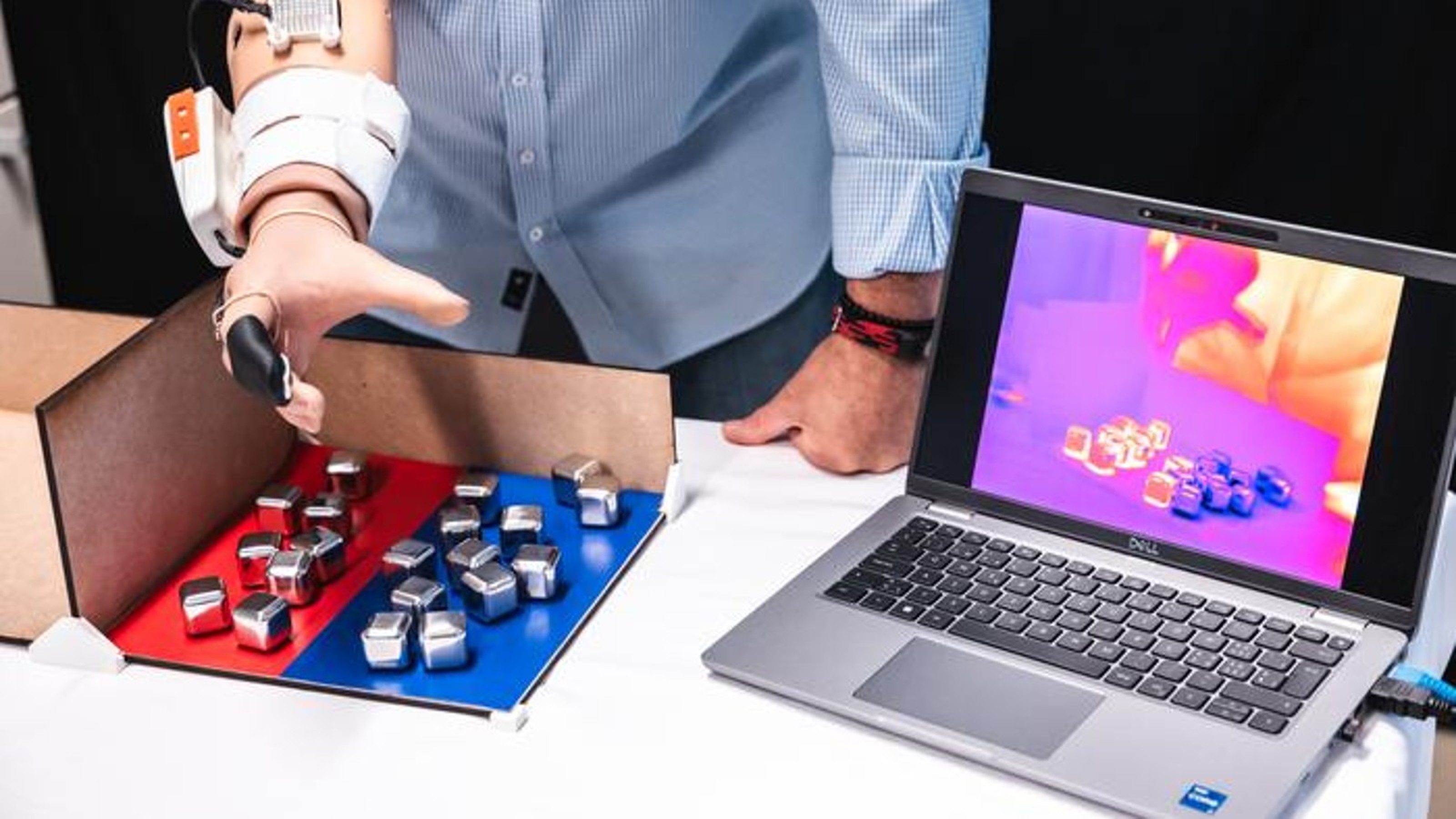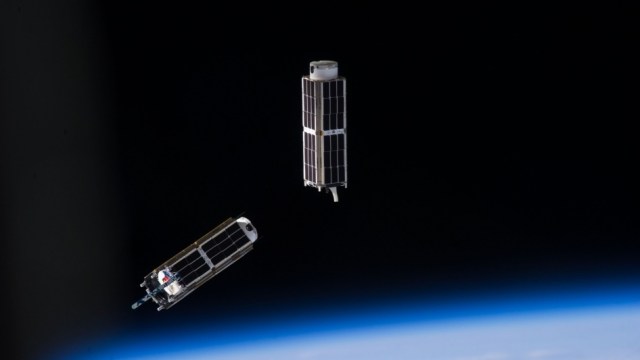CRISPR co-inventor responds to claim of first gene-edited babies
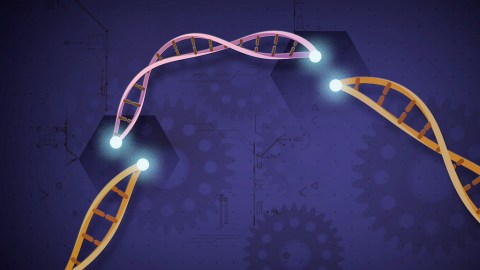
- On Sunday, a Chinese scientist claimed the world’s first genetically edited babies had been born in China.
- The scientist claims to have used gene-editing technology on the babies’ embryos.
- Dr. Doudna said scientists should confine “the use of gene editing in human embryos to cases where a clear unmet medical need exists.”
On Sunday, a scientist stirred major controversy by claiming that the world’s first genetically edited babies were recently born in China. The scientist, Jiankui He, claims to have used gene-editing technology on the babies’ embryos to disable a gene that allows the body to contract HIV.
He said families need this technology. But many scientists were outraged, saying gene-editing technology is still in early stages of development, the long-term effects of such practices are still unknown and ethical questions about the practice have yet to be answered. There’s also the fact that such use of gene-editing technology is illegal in the U.S. and many other countries, though it’s not explicitly banned in China.
One scientist who disagreed with He is Dr. Jennifer Doudna, a professor of chemistry and molecular and cell biology at UC Berkeley and co-inventor of CRISPR-Cas9 genome editing technology. In a statement published on UC Berkeley’s website, Doudna said that He and his colleagues should “fully explain their break from the global consensus that application of CRISPR-Cas9 for human germline editing should not proceed at the present time.” She said the public should consider the following points:
- The clinical report has not been published in the peer-reviewed scientific literature.
- Because the data have not been peer reviewed, the fidelity of the gene editing process cannot be evaluated.
- The work as described to date reinforces the urgent need to confine the use of gene editing in human embryos to cases where a clear unmet medical need exists, and where no other medical approach is a viable option, as recommended by the National Academy of Sciences.
The question of ‘designer babies’
In addition to concerns about the short- and long-term safety of gene-editing practices, some are worried that CRISPR might be used in the future not only to prevent disease, but also to create babies that are smarter, stronger or better looking. Dr. Doudna spoke to Big Think about the ethical and regulatory gray areas that society will have to navigate as gene-editing technology evolves.
